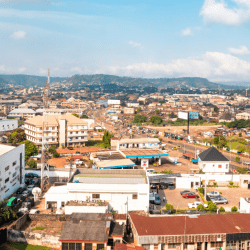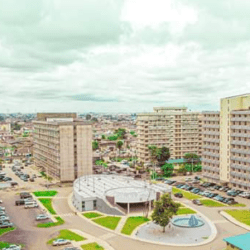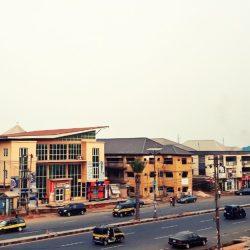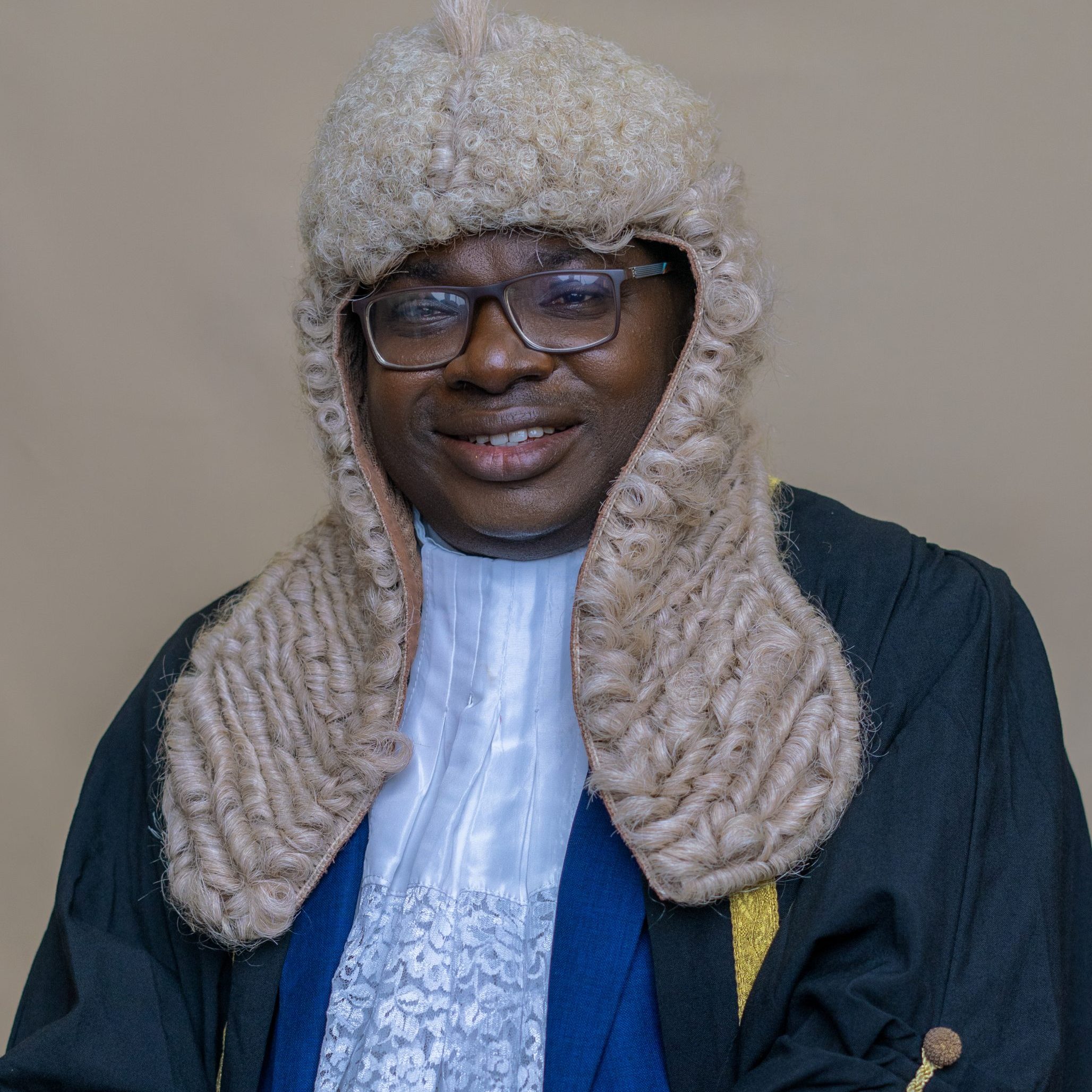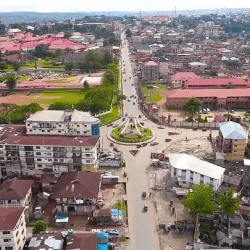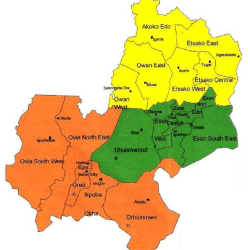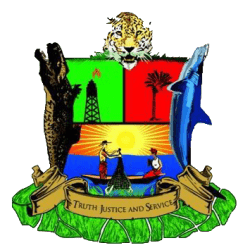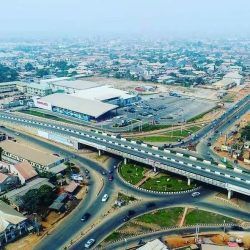List of members, Edo State legislature (House of Assembly), 2009
• Rt. Hon. Zakawanu I. Garuba
Speaker
Etsako West 1 Constituency
• Hon. Aigboun .O. Levis
Deputy Speaker
Ovia North East 1 Constituency
• Hon. Frank Okiye .O.
Majority Leader
Esan North East 1 Constituency
• Hon. Paul Ohonbamu
Minority Leader
Egor Constituency
• Hon. (Mrs) Elizabeth Ativie
Chief Whip
Uhumwode Constituency
• Hon Shaibu Philip
Minority Whip
Etsako West 2 Constituency
• Hon. Ehigiamusor O. Kingsley
Igueben Constituency
• Hon. Agbabi Anslem
Akoko-Edo 1 Constituency
• Hon. Saiki Samuels
Akoko-Edo 2 Constituency
• Hon. Ereghan E. Sunday
Esan Central Constituency
• Hon. Okoduwa Emmanuel
Esan North East 2 Constituency
• Hon. Aguele M. Isreal
Esan South East Constituency
• Hon. Bright Omokhodion
Esan West Constituency
• Hon. Chris Umogbai
Etstako Central Constituency
• Hon. Aliyu Peter
Etstako East Constituency
• Hon. Ise-Idehen Jude
Ikpoba-Okha Constituency
• Hon. Osayimwen Patrick
Oredo East Constituency
• Hon. Igbe Uyigue
Oredo West Constituency
• Hon. Aiseowieren Patrick
Orhionmwon 1 Constituency
• Hon. Ogbeiwi I. Etiosa
Orhionmwon 2 Constituency
• Hon. Osayende B. Noghayin
Ovia North-East 2 Constituency
• Hon. Adesotu I. Christopher
Ovia South West Constituency
• Hon. Fred Omoigberai
Owan East Constituency
• Hon. Agbebaku Blessing
Owan West Constituency
Edo
Edo is a state in southern Nigeria that was created in 1991 from the former Bendel State
The capital and largest city of Edo State is Benin City, which was the center of the ancient Benin Empire

The state has a population of about 4.8 million people as of 2022, and covers an area of 19,559 square kilometers

Edo state is bordered by Kogi, Anambra, Delta and Ondo states, and has a coastline on the Atlantic Ocean
The state is home to various ethnic groups, mainly the Edo (or Bini), Esan, Ora, Akoko-Edo, Owan and Afemai people
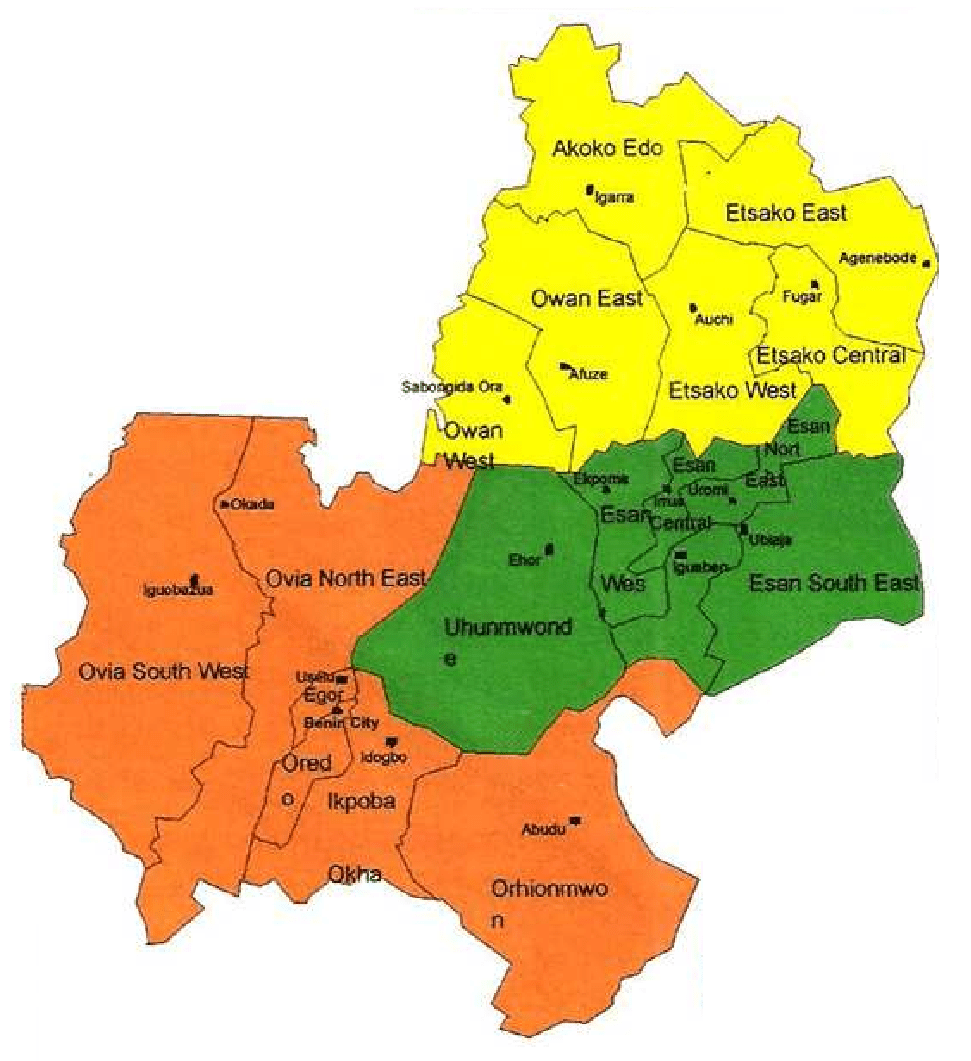
The most common language spoken in the state is Edo, which belongs to the Edoid branch of the Niger-Congo language family
The state is predominantly Christian, but also has followers of Islam and traditional religions
Edo is known as the Heartbeat of Nigeria, and has a rich cultural heritage and history
It has a diverse economy, with sectors such as agriculture, manufacturing, oil and gas, tourism, education and health


Edo people
With Benin City as capital, the population of the entire state is approximately 4million.It is made up of three major ethnic groups; namely the Binis, Esan and Afemai. However the State has a high presence of residents from across the country and the world because of its cosmopolitan tendencies. Benin City the capital has a history of being one of the foremost destinations of Europeans during their exploration of Africa continent many centuries ago. Some of the flash points have remained enviable tourists’ attraction for the state.


Geography
The State has a land mass of 19,794 km square. Lying on 05 44 N and 07 34 N latitudes,05 4 E and 06 45 E longitudes. Edo State is low lying except towards the north axis where the Northern and Esan plateaus range from 183 metres of the Kukuruku Hills and 672 metres of the Somorika Hills.
Location
It is so located that it forms the nucleus of the Niger Delta region. It is bordered by Kogi state to the North and Delta State to the East and South, Ekiti and Ondo States to the West.
Climate
The climate is typically tropical with two major seasons- the wet (Rainy) and the dry (harmattan) seasons. The wet season lasts from April to November and the Dry Season December to March.
Government
The governor of the state, at every time is the head of government. There is the Executive arm of government, the Legislature and the Judiciary. The state has eighteen local government councils each constitutionally headed by a democratically elected Chairman.
Vegetation
Edo is blessed with two major vegetational belts namely: the Forest Belt of the South and Central parts while the Guinea Savannah is in the northern part.
Minerals
Natural resources in Edo State are in abundance. There is a heavy reserve of hard wood and high quality timber. Other mineral endowments include: Rubber, Limestone, Marble, Lignite, Clay, Kaolin, Crude Oil, Gold, Granite and Bitumen.
Agriculture
Apart from the wood products, there is high yield of Agricultural food crops, Cocoa,
Rubber, Palm trees, Vegetables, Cotton, Pineapple, Mango, Cashew, Cassava, Bushmeat, Snails, Fish and Rice.
Industries
The thriving industries are Carving, Saw-milling, Rubber processing, Cement and Textile, Brewing and Flour milling etc. The state also boast of key industries in the country such as Bendel Cement Factory Okpella, Bendel Brewery Benin City, Guinness Nigeria Benin-City, Nigeria Bottling Company (Coca-Cola) Benin City, Ewu Flour Mill Ewu and Bendel Pharmaceutical Benin-City, Okomu oil Plc , Presco Plc just to name a few. The Small-Scale industries are also on the increase with many Banks and Fast Food Eateries opening up their outlets in the capital and other emerging cities across the state.
Education
Edo State is one of the most educationally advanced States in Nigeria. Its notable tertiary institutions include the University of Benin, Ambrose Alli University Ekpoma, Igbinedion University Okada, Benson Idahosa University, Auchi Polytechnic Auchi, College of Education Ekiadolor, College of Agriculture Iguoriakhi and Institute of Management and Technology Usen.
Healthcare
Government in conjunction with local governments and some international agencies have successfully spread Medicare across the state. There are government hospitals, local government centres by local authorities and quite a few others jointly managed with some non governmental agencies.
Seaports
From Edo State, there is easy access to Warri seaports. The state also has a direct route to Lagos from land and air. Edo is known as the heartbeat of the country because of its easy accessibility from various Southern cities like Lagos, Warri, Port Harcourt and the Eastern states.
Arts and culture
Edo is famous for her works of art, they include plaques, busts and royal figures. Some of these art works were looted during the British invasion of the Benin Empire in 1897. Various pottery, utility carving, bronze casting, smothering, Jewelry, mat-making, cloth weaving etc thrive in the state.
